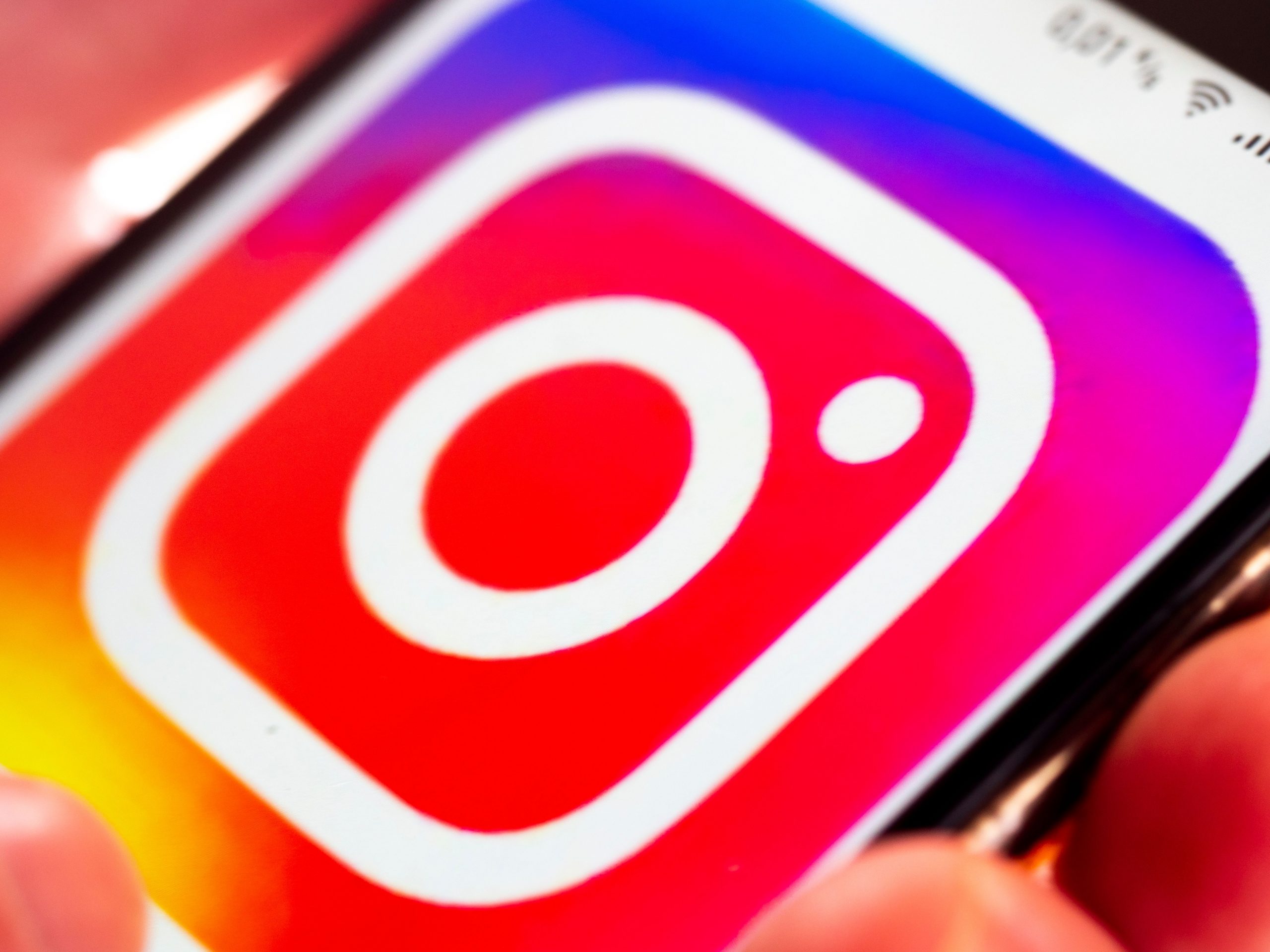KU students working as social media influencers are concerned that they have become victims of so-called shadow banning or have had content removed without a reason.
Shadow banning occurs when a site such as Instagram limits the visibility of a creator’s content without notifying them. It is controversial though, as while many believe it happens, social media businesses deny they use this tactic.
Nadine Oates, a KU student, model and influencer with over 5,000 followers on Instagram, collaborates with brands directly and through her agency to promote products to her followers.
Oates described the treatment she faced from Instagram after posting a promotion for an underwear brand, she said: “I have been shadow-banned twice before due to the content I posted for Savage X Fenty. Instead of hiding my post, they took it down even though the content was not provocative.”
She continued: “I do not understand why this happened as they never gave an explicit answer. However, it is frustrating as then I need to communicate to the brand as to why I was unable to complete our deal for that month.”
With the rise of influencing over the past decade, brands hire micro-influencers to reach niche audiences, offer cost-effective partnerships, and build connections with followers.
Many influencers who make money from social media have spoken publicly about shadow-banned content which is not being seen by their followers and the wider population.
TikTok influencer Kay Donnelly has 4.5 million followers on the app and is widely known for her family account, which includes videos of her two young daughters. She often makes videos on TikTok when she receives fewer views and interactions on her Instagram page and believes that this is due to shadow banning. In one video, she mentions how the algorithm is not “allowing her recent videos to perform well”.
Shadow banning is most associated with apps like Instagram and TikTok due to their large user bases. However, the companies have previously denied this is what is happening and with their heavy reliance on algorithms, and efforts to maintain content quality and user experience, it is hard to find concrete evidence.
When asked how she controls this, Oates said: “Unfortunately, I can’t, I try with all my posts to make sure that they are fitting the guidelines given however, you cannot control whether the app will showcase your content or not.”
She continued: “It is frustrating as my engagement is important to the brand but when my content receives less engagement there is no place I can reach out to on Instagram for help, especially as a micro-influencer.”

